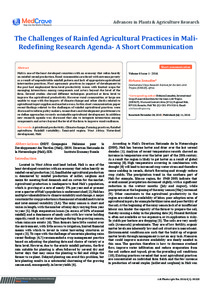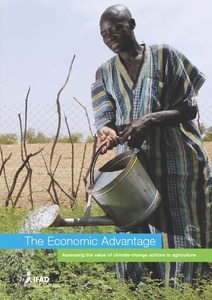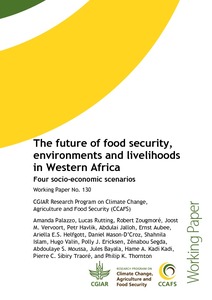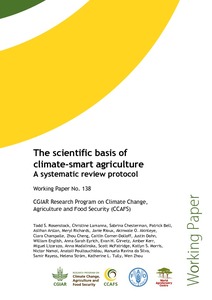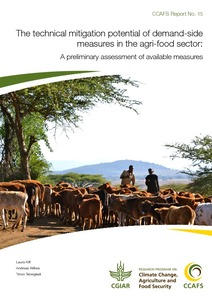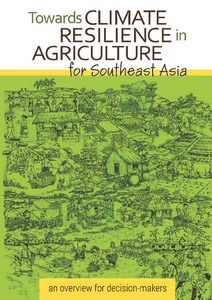Tanzania Summary of Baseline Studies: Country Report for the GFCS Adaptation Program in Africa
This report reflects upon the consolidated findings from the baseline and scoping studies conducted under the auspices of Global Framework for Climate Services (GFCS) Adaptation Programme in Africa. It identifies gaps in climate information access and use at the local level, type of climate services farmers and pastoralists need in Tanzania, relevant channels to reach farmers with requested services, lead-time and gender specific requirements.



